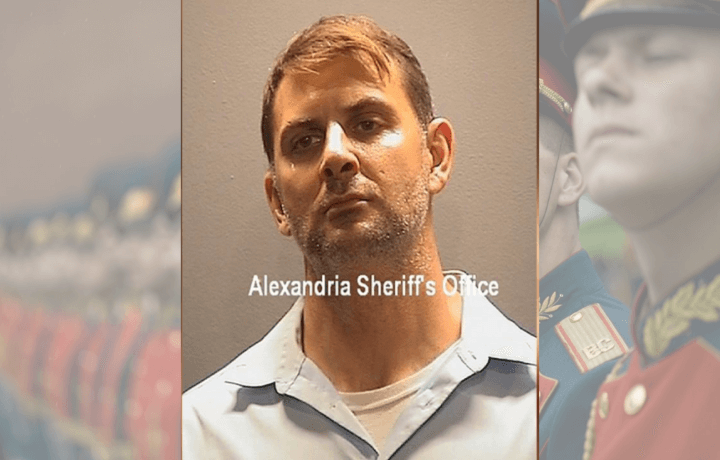Peter Debbins traversed through the intelligence and defense community for more than 20 years, during which he claims to have had a loose relationship with the Russian military intelligence arm, the GRU. The prior three-part series on Debbins and his GRU relationship, concluded with the timeline of Debbin’s activity from 2010-2020 and potential ramifications. On September4, Debbins was arraigned in an Alexandria, VA federal courtroom. What is particularly significant is the arraignment of Debbins and the setting of the parameters surrounding his path to trial.
Arraignment
During the arraignment, we learned that Debbins confessed about his GRU relationship during a routine background reinvestigation interview which occurred while he was in the United Kingdom in 2019. In the ensuing 12 months, Debbins was interviewed eight times. The indictment only covers the period up through January 2011, with Debbins insisting he had no contact beyond his last documented trip to Chelyabinsk in December 2010.
During the in court discussion as to whether or nor Debbins should be considered a flight risk, the Assistant U.S. Attorney Thomas W. Traxler argued Debbins may be availed assistance to flea by the GRU.
David Benowitz, attorney for Debbins, demonstrating a total lack of appreciation as to the value of Debbins to the GRU HUMINT effort, suggested that Debbins “exposed ties and contacts to the GRU, which the GRU would view as a betrayal, he would likely end up in jail or worse if he were to go to Russia at this point.” The reality is, if the GRU was able to spirit Debbins to Moscow, they would parade him as a HUMINT success story, and highlight how they reward those who serve Mother Russia.
The judge remanded Debbins to remain in custody.
IIPA and CIPA in place
The court has assured the Intelligence Identities Protection Act (IIPA) and the Classified Information Procedures Act (CIPA) are in place via a 17-page protective order.
The protective order is put in place to protect the national security of the Untied States in the conduct of the prosecution and defense of Peter Debbins. An interesting aspect of the protective order is the prohibition of Debbins’s lawyers on the disclosure of classified evidence to their client unless the client had originally disclosed the classified information or if the prosecution/government approves the release and marks it “Provided to PETER DEBBINS in the United States v Peter Rafael Dzibinski Debbins, No. 1:20-cr-193.”
To that end, the court designated a Chief Information Security Officer (CISO) and five alternate CISOs for the case. The court noted that the government has advised the court and the prosecution team (counsel for the government) all had the requisite clearances permitting them to access classified information which the government may intend to “use, review, or disclose in this case.”
Furthermore, the lawyer for the defense, Benowitz has the requisite security clearance and “need-to-know” to access classified information in defense of his client.
Debbins agreed to adhere to the proscription on the disclosure of classified materials on September 4.
Debbins Discussions will Be in A SCIF
All classified discussion and review of classified materials will be conducted in an accredited SCIF. The CISO establishes the procedures for access to the secure area during business hours and other times as reasonable request as approved by the CISO and the U.S. Marshals Service.
A CIPA hearing is scheduled for October 22, with the Jury Trail to commence April 4, both in Alexandria, VA.



